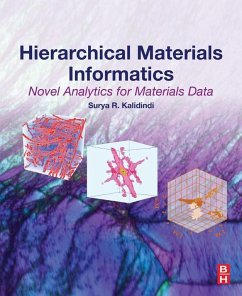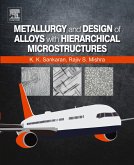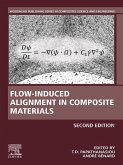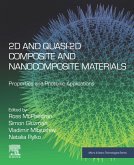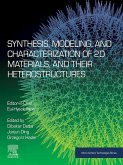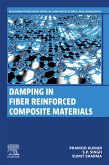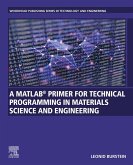Custom design, manufacture, and deployment of new high performance materials for advanced technologies is critically dependent on the availability of invertible, high fidelity, structure-property-processing (SPP) linkages. Establishing these linkages presents a major challenge because of the need to cover unimaginably large dimensional spaces.
Hierarchical Materials Informatics addresses objective, computationally efficient, mining of large ensembles of experimental and modeling datasets to extract this core materials knowledge. Furthermore, it aims to organize and present this high value knowledge in highly accessible forms to end users engaged in product design and design for manufacturing efforts. As such, this emerging field has a pivotal role in realizing the goals outlined in current strategic national initiatives such as the Materials Genome Initiative (MGI) and the Advanced Manufacturing Partnership (AMP). This book presents the foundational elements of this new discipline as it relates to the design, development, and deployment of hierarchical materials critical to advanced technologies.
- Addresses a critical gap in new materials research and development by presenting a rigorous statistical framework for the quantification of microstructure
- Contains several case studies illustrating the use of modern data analytic tools on microstructure datasets (both experimental and modeling)
Dieser Download kann aus rechtlichen Gründen nur mit Rechnungsadresse in A, B, BG, CY, CZ, D, DK, EW, E, FIN, F, GR, HR, H, IRL, I, LT, L, LR, M, NL, PL, P, R, S, SLO, SK ausgeliefert werden.

